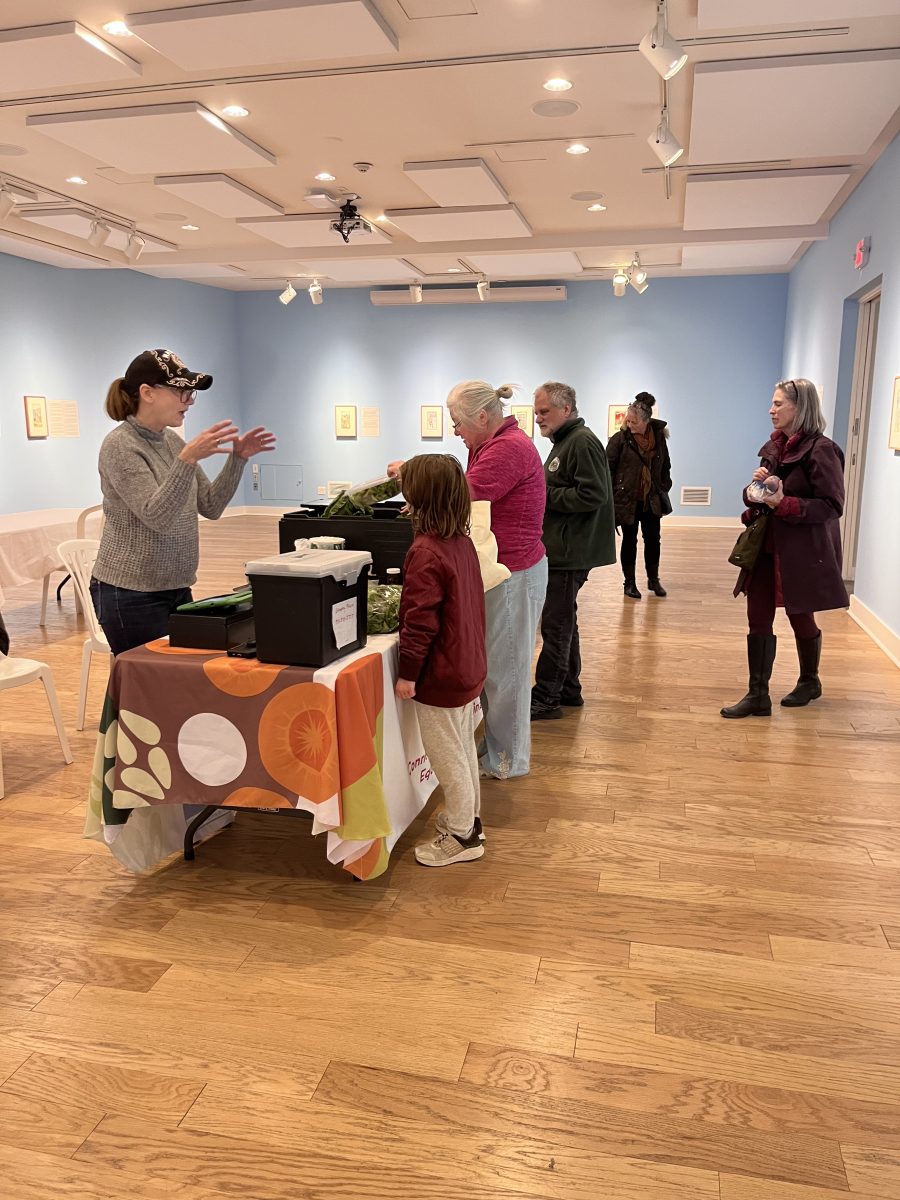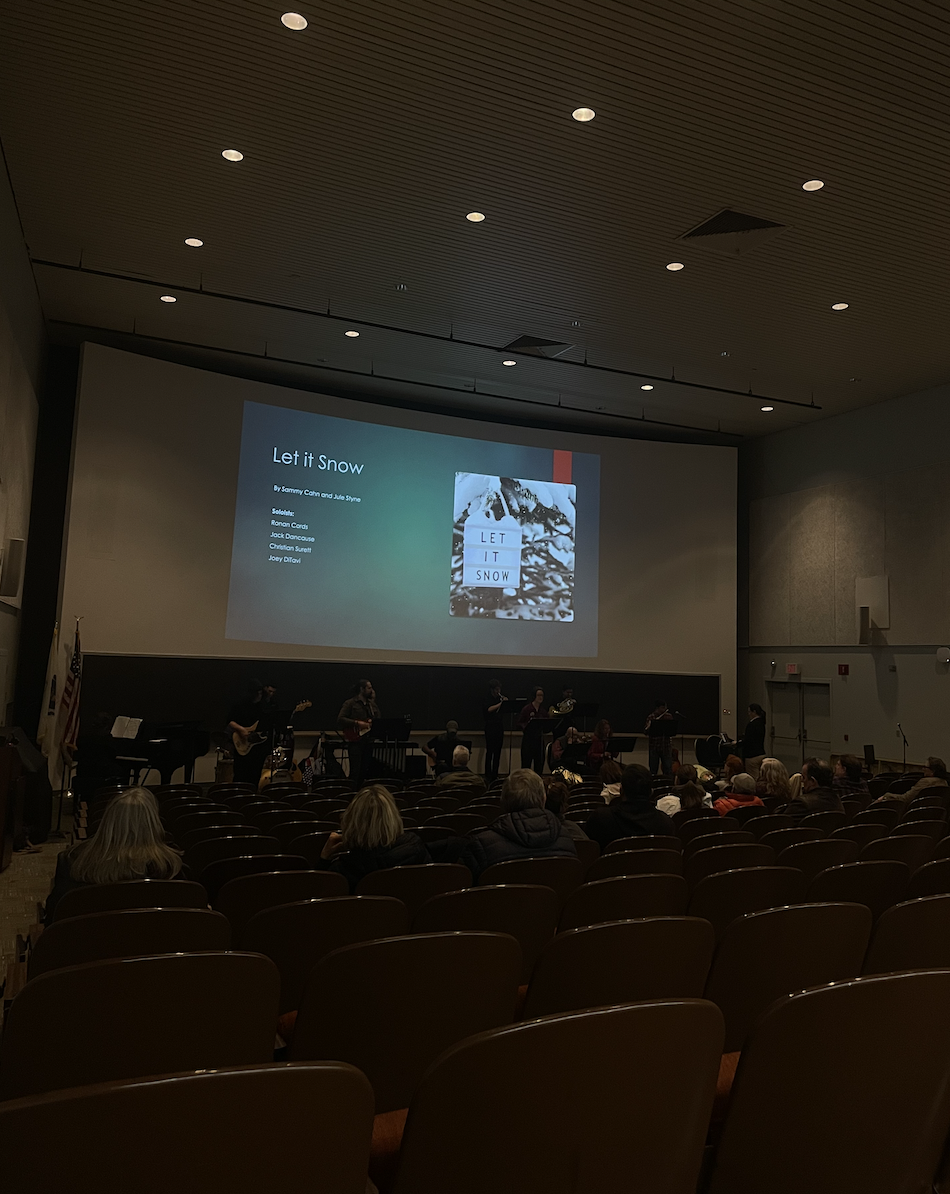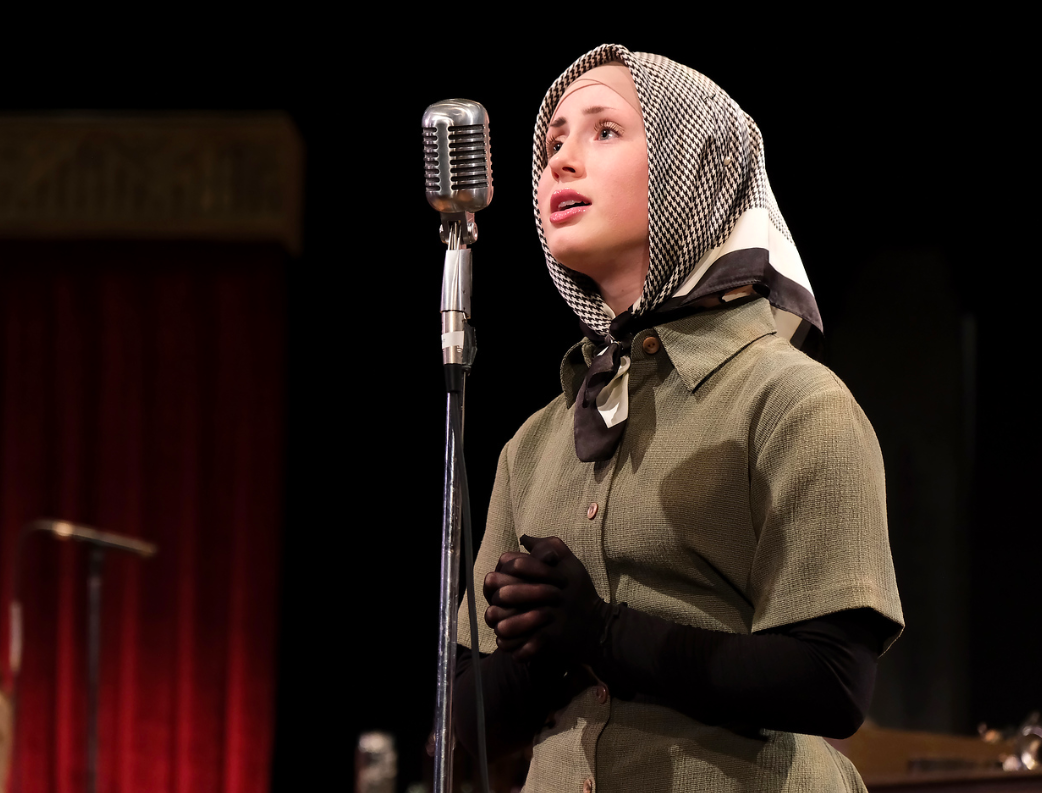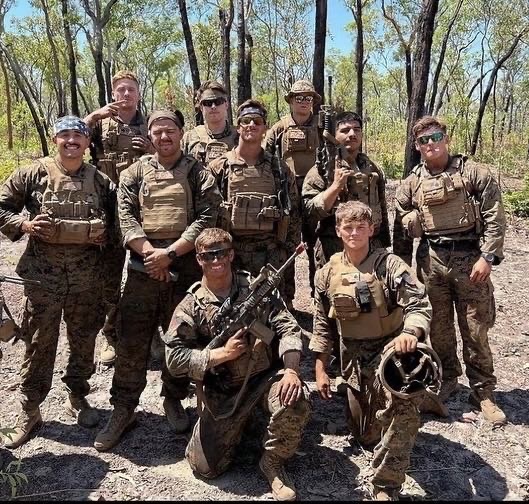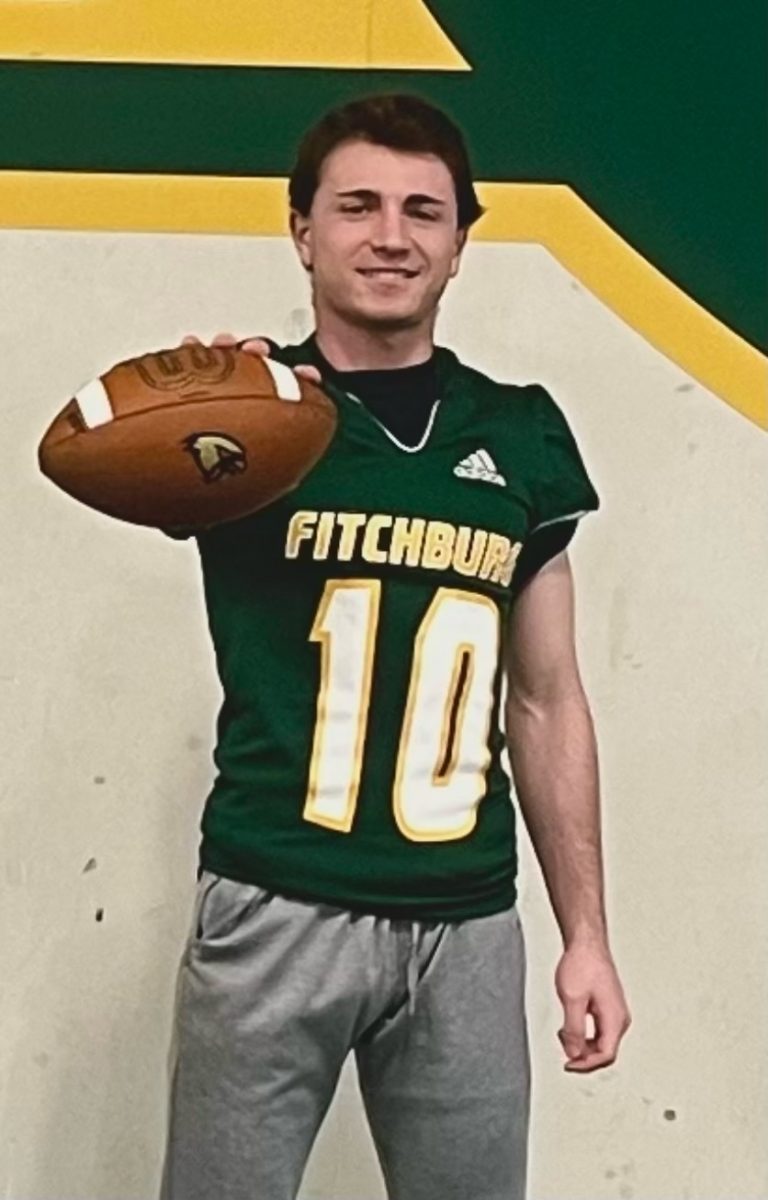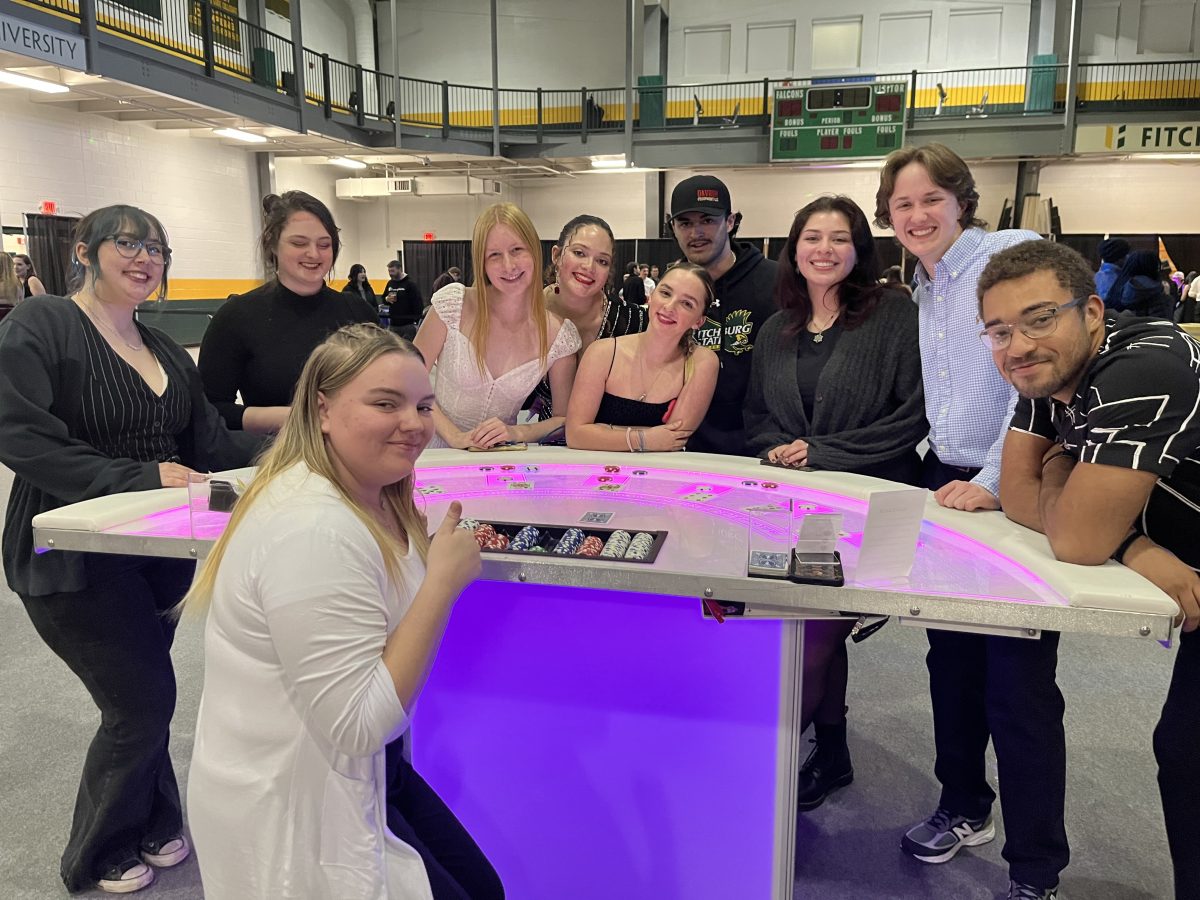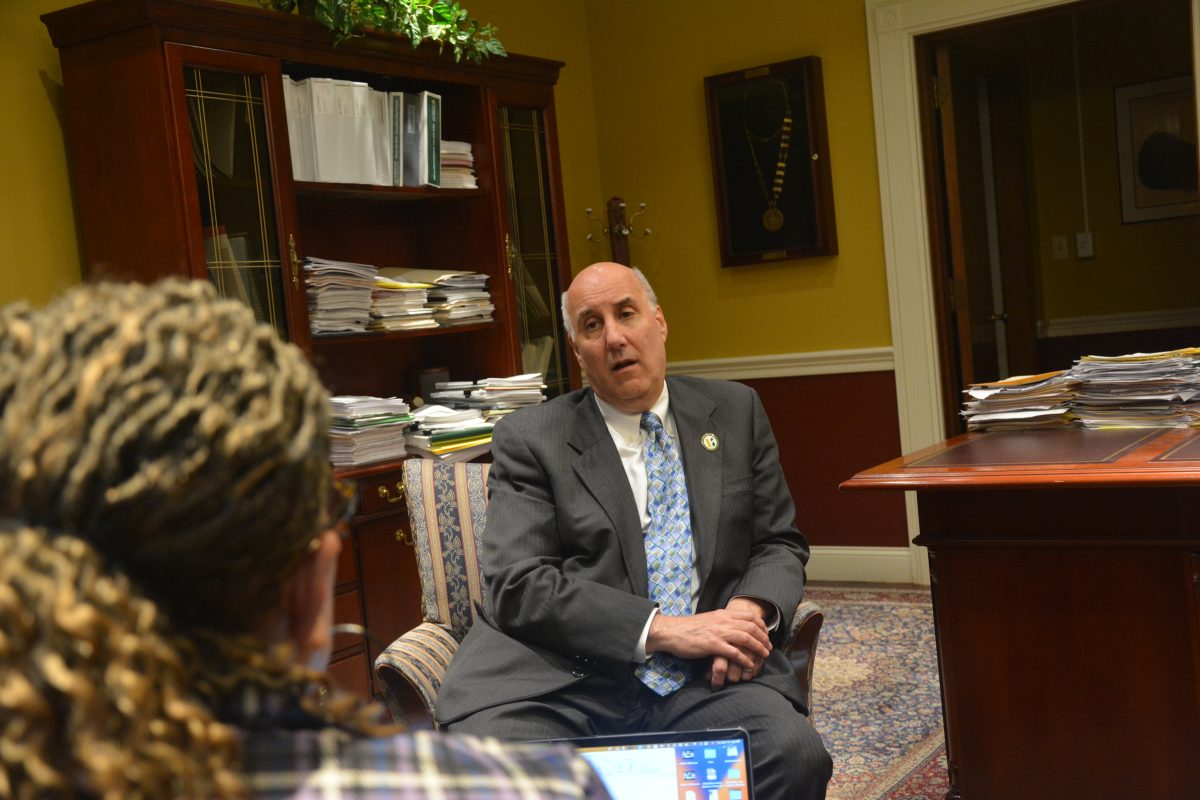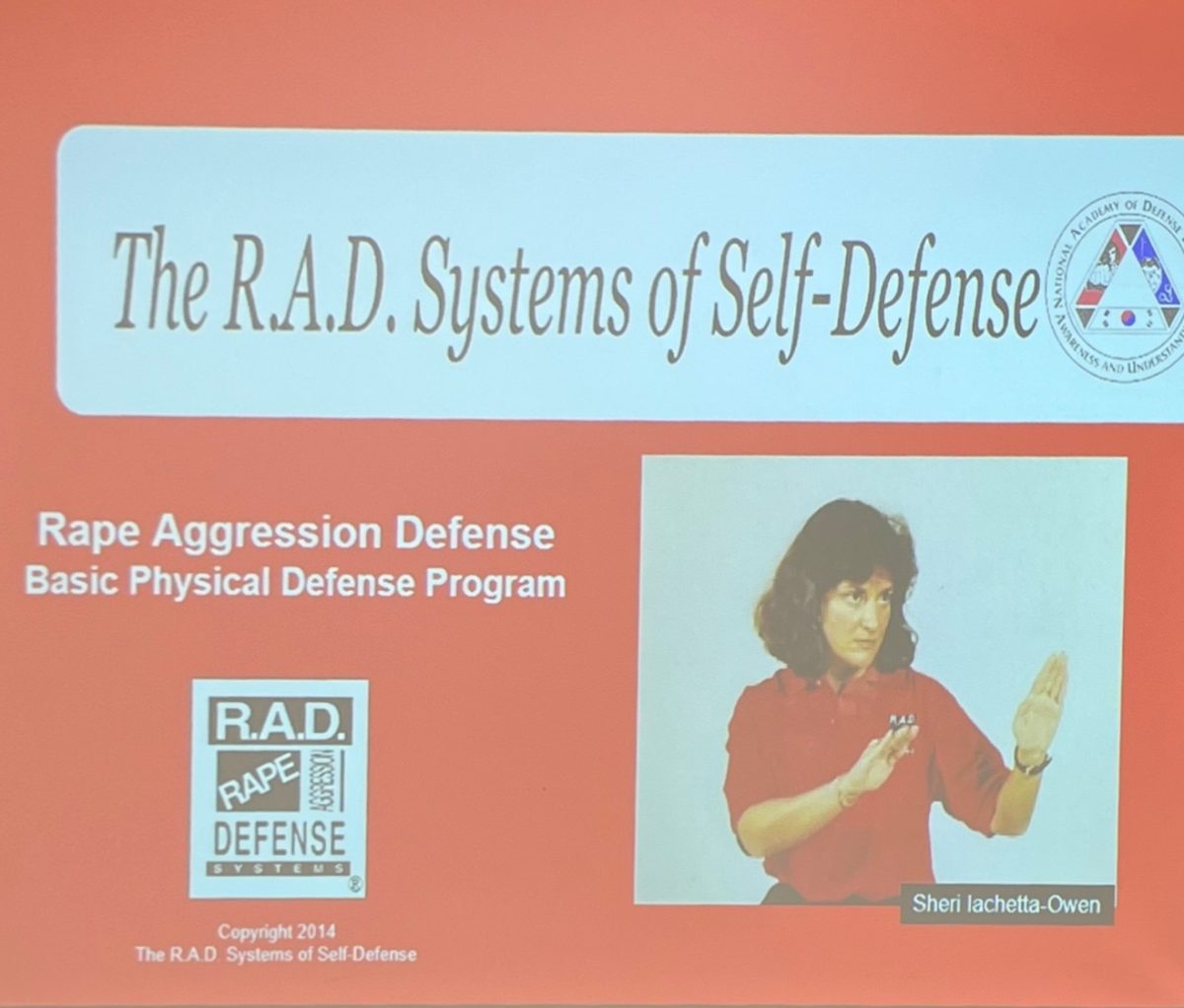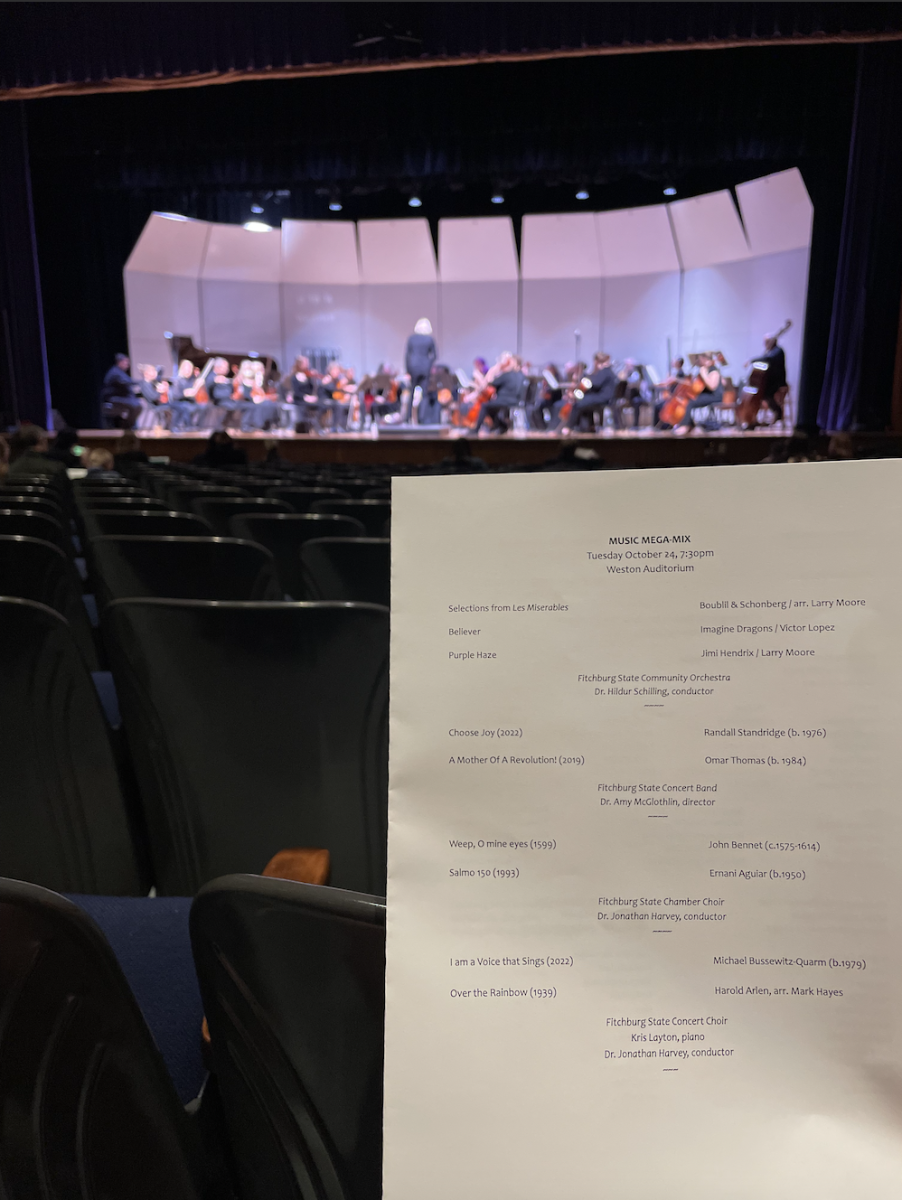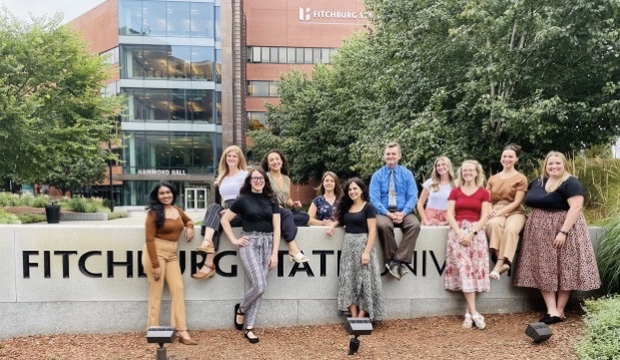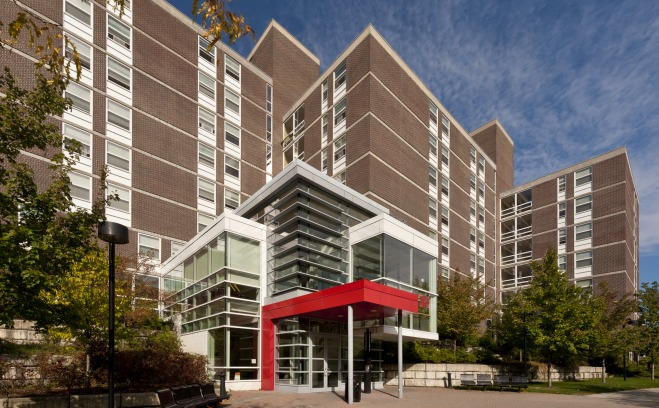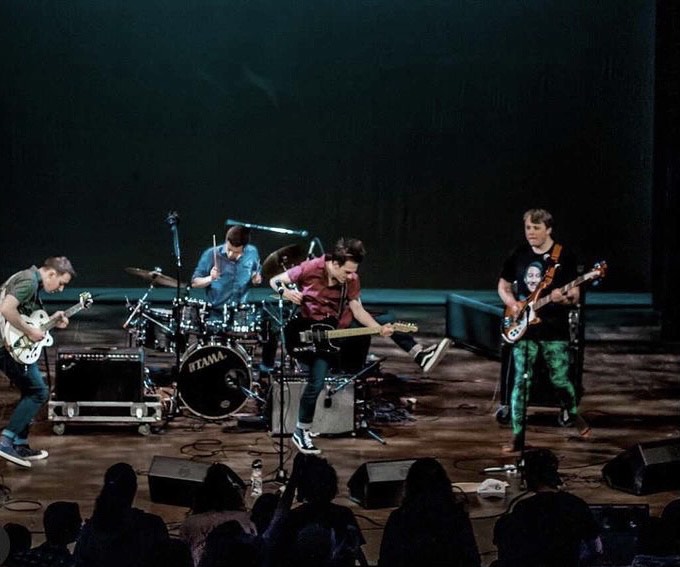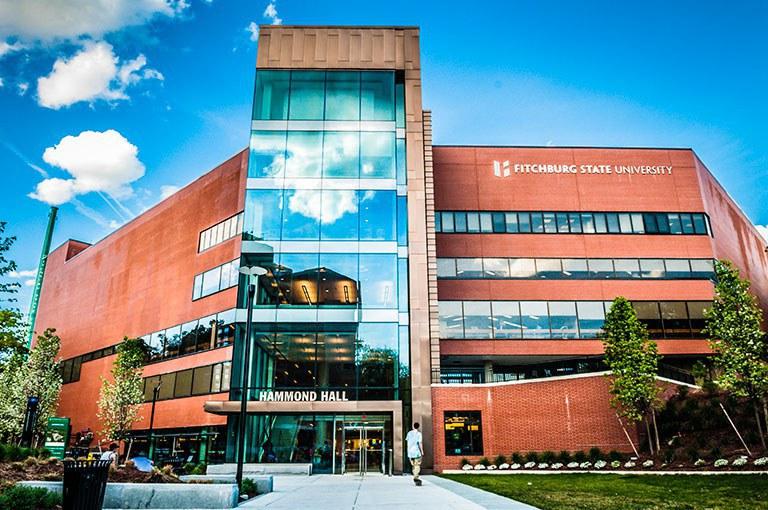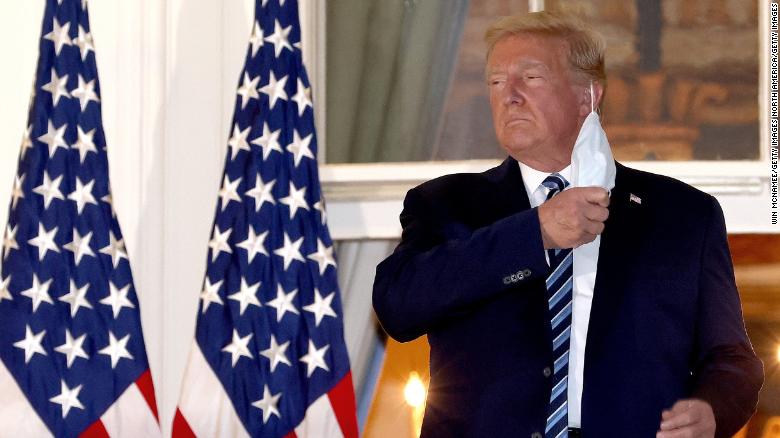Kurtis Kendall—
With Fitchburg State moving to remote learning for the rest of the Spring 2020 semester due to the coronavirus outbreak, the Fitchburg State community finds itself utilizing different strategies to carry on the classroom atmosphere. Professors at Fitchburg State have been attacking this situation in a variety of ways, but the overall goal of trying to mimic the classroom experience that everyone’s lost is consistent throughout.
Paul Weizer, Ph.D., of the Political Science Department is among many professors using Google Hangouts Meet to conduct video-based classes during the same scheduled class time. “I have tried to keep my courses the same as possible, given the circumstances.” Weizer is still using the same content and readings he planned prior to this unprecedented hiccup, while trying to steer courses in a more discussion-based environment rather than lecture-based.
Other professors have gone with a more asynchronous style to teaching, giving everyone flexibility to complete their assignments at their pace. With some of these courses, assignments will be due at the end of the week instead of during the original time slot for the class. Ben Railton, Ph.D., has adopted this style for his English courses, maintaining shared Google Docs as spaces for discussion and questions amongst students and professors, just as he would in his normal classes.
Railton warns not to call this current scenario in education “teaching online,” but instead an act of “triage and care.” He emphasizes his goal for the remainder of the semester is to be there in any and every way possible for his students. Railton is prioritizing at least a couple things in each of his classes for students to get out of the course and make it worthwhile despite the mid-semester interruption.
Elise Takehana, Ph.D., of the English Department has been using a variety of tools to make the current teaching experience as social and interactive as possible. Forgoing exact class times, Takehana is instead using social annotation tools and video discussion boards to conduct her courses. She is using programs like Perusall, which allows students and professors alike to view and comment directly on a document, allowing for the discussion to occur side by side with the reading itself. Takehana is also using Flipgrid for video discussion board teaching, “so we can all still see each other and hear each other’s voices, so we can all feel social despite all this social distancing.”
Emails and Blackboard are where many Fitchburg State classes now reside as well; something most students and faculty were already familiar with. Blackboard is now being expanded by professors to host entire classes at the University.
It’s important to remember these are not typical online classes that many are used to. “I do think it is a work in progress,” said Fitchburg State senior Olivia Koravos about Fitchburg State’s remote learning thus far. “It is safe to say that this is an entirely different way of learning, and most classes students are taking right now were not meant, nor designed to be taught online.”
Junior English and Marketing major Makenzie MacDonald has taken scores of online classes and offers some advice to those who have always had face-to-face courses. “I know it can be frustrating the first time using an online platform because you aren’t entirely sure if you are doing the assignment right, or submitting it in the right form. But it is important to know that peers and faculty want to help you and will do so if asked.”
Despite all these different ways of approaching this semester, most professors are emphasizing the importance of one thing in particular: communication. “Frequent, clear, and comprehensive communication,” is what Railton says is essential for these courses to succeed. “Just try to make sure we all are as much on the same page as possible, with my classes not contributing any more confusion or concern to a moment full of both.” Railton hails communication and connection as the two basic tenets necessary for successful remote classes. Any opportunity to achieve that class community again is what Railton is striving for down the stretch of Spring 2020.
With all these styles, some things are proving more effective than others with each passing class period. Students have said the ability to record and rewatch classes is helpful, allowing for a type of reviewing not normally possible in a regular class. Flexibility in due dates and assignments has also gone a long way as students reassess how they go about schooling this semester. In terms of the overall response by the faculty, junior Education major Thomas McNulty said, “given the circumstances, Fitchburg State has done an amazing job at accommodating students’ needs.”
In other regards, however, specific major-dependent problems have arisen. “As a film major,” said Fitchburg State junior Matthew Makris, “production classes have been the biggest challenge. The projects have been postponed, so alternatives to the initial assignments have been, and still are being developed, with the original being pushed back to summer. But if social distancing is still needed, there is that chance it won’t happen at all the way it was meant to.”
“I am unclear on what the rest of the semester looks for some of my classes,” continues Makris, due to aspects of the class no longer being possible to do. This sentiment is echoed by many in the campus community who had group projects to do or more hands-on work like clinical for nursing majors.
A big loss has been the loss of access to certain locations, and with it, certain documents and works. Takehana and her Geography of Stories class has lost access to Fitchburg State’s archives for their semester project, putting them at a disadvantage to continue their work in full.
Other courses have also evidently run into issues without the ability to work face to face. “Some classes should only be conducted in person,” said McNulty, though he understands and supports the current measures in place restricting in-person teaching. “For example, I am in an American Sign Language class. Although instruction will be moderately effective online, I will not be getting the same depth and breadth of the course had it been in person.”
“The adjustment has been tough as I’m so used to attending in-person lectures that have designated run times,” said senior English major Tenzin Dhakpa. “With these online assignments, you get a fragment of the teaching and have to sort of rely on yourself to answer questions. Obviously, you can email the professor, but it isn’t as quick as in-person communication.” Dhakpa says the scheduled nature of classes is what he misses the most, as it takes away from the teaching not having designated time and space for each course, “the overall lack of scheduled classes has been noticeable as I feel like I’m learning less now that I don’t get that hour and fifteen-minute lecture.”
Beyond not being there for classes, for students who live on campus, the transition has been even tougher. To alter physical locations while still operating in a different mental state is challenging for many who use their time on campus to separate other aspects of their lives like family and personal life. Now, all these aspects as well as school are in the forefront back at home. “The biggest challenge for me has been operating from home as I have become so accustomed to the school environment, so it feels strange working from home,” says Dhakpa. Professors are facing a similar issue themselves with many having their children home during the crisis and learning to manage parental time with work time. Everyone is learning to work in the same space together despite the difference in academic and personal domains.
Overall though, when it comes to how to best approach conducting these courses, professors and students alike say not to reinvent the wheel. Takehana says to think about the academic and social components of the classroom dynamic when it comes to teaching remotely. “I wanted to keep the human and conversational components of the classroom, even if online does quickly cut out the tendency to [follow] interesting or unexpected tangents that make classroom environments lively.”
Railton states not to paint a broad stroke over what the remaining weeks of this semester is. “The more we don’t think about this as online teaching, the better—for one thing because it’s nothing like regular online or hybrid classes, and we risk confusing things otherwise; and for another because that frees us to think about these classes as something entirely new and different, and to focus on what we most need and want these courses and this semester to do.”
Koravos thinks classes campus wide should be utilizing video-based programs for class more. “I think it would be a good chance for students to have that collaborative environment back and be able to get in touch with professors and receive instruction that cannot be achieved via text only.”
“My best advice is to not overthink things,” said Weizer, “and not try to create a whole new approach to teaching. Good online courses require considerable time, effort, and forethought. You can’t just throw something together and expect a quality effort. The courses we planned are high quality offerings. Thus, the more of the original design that can be kept, the better.”
“There is no way to replicate the dynamic of the classroom,” continues Weizer, but he believes that his courses are still accomplishing what is needed and that students will not be “shortchanged” by the move online.
“I miss the unexpected tangents that the face-to-face class offers,” said Takehana, “but I think the learning experience is still strong and the social aspect of the class is pretty solid given the circumstances.”
Weizer states that there is more than a single issue affecting how this teaching experiment will go, with the whole world in a state of flux. But he’s been pleasantly surprised by how things have gone so far. “I have been impressed with the response from our students. We are all working together to make the best of a bad situation. I look forward to getting back in the classroom and working with students again when it is safe. But I also believe the remainder of the semester will be a success.”
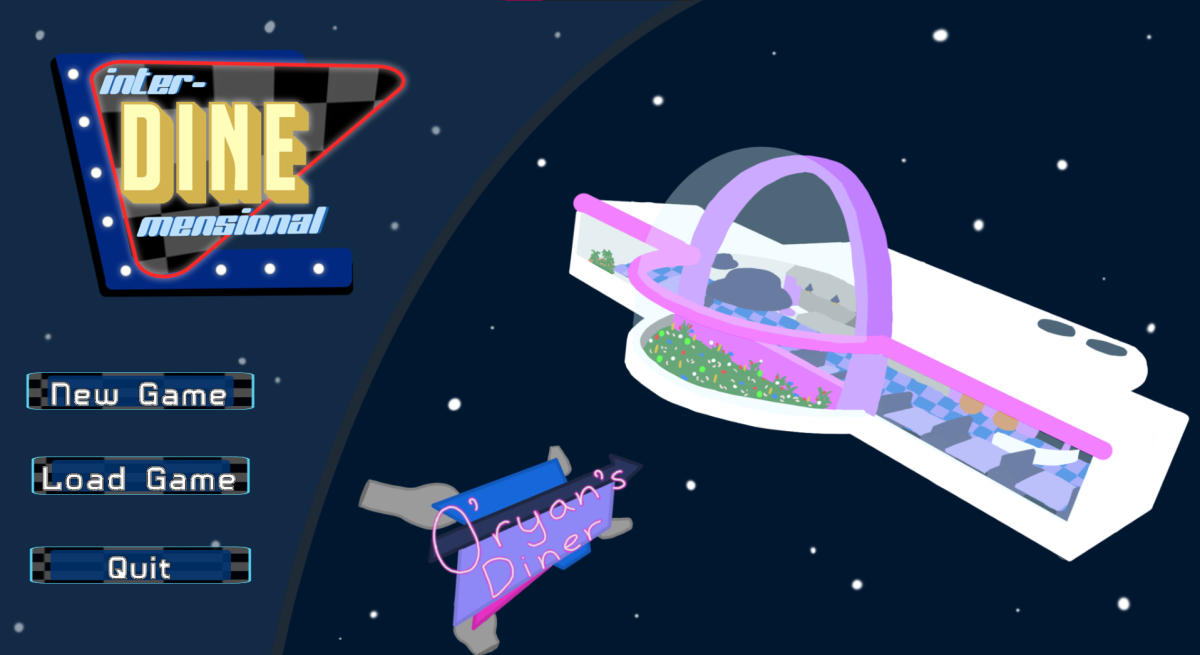
February 16, 2024
February 16, 2024
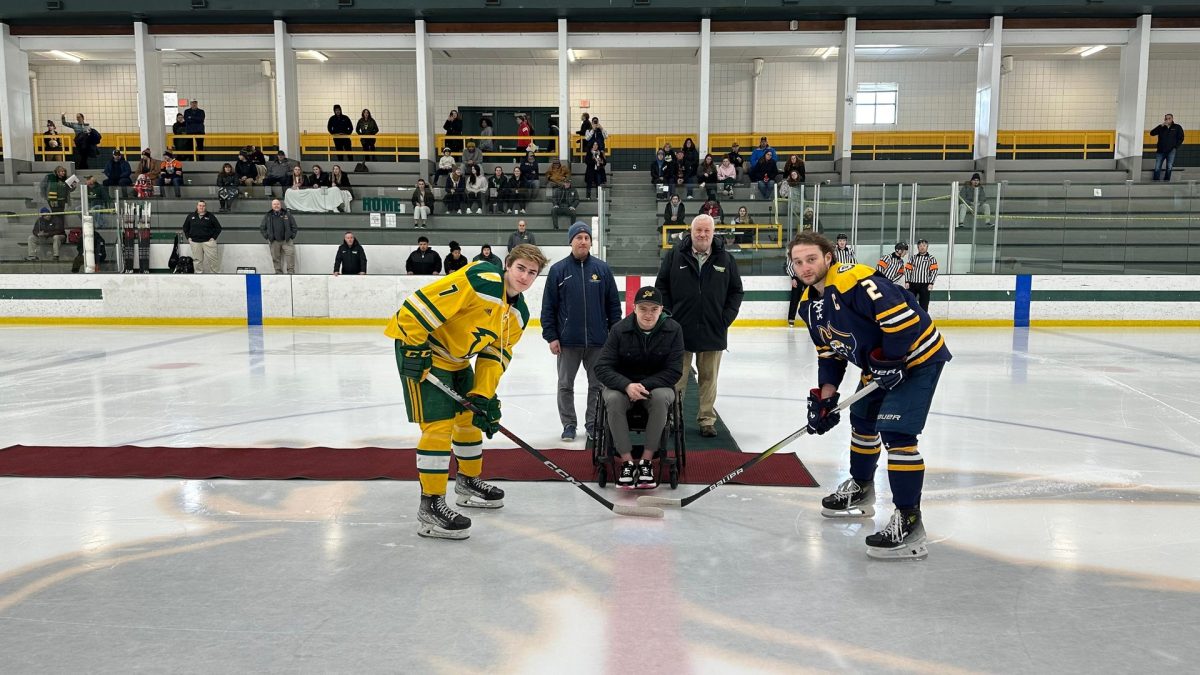
February 16, 2024

February 16, 2024
Trending Stories
How the FSU community is conducting remote learning for the rest of the semester
April 6, 2020
Hands and laptop 20170514
Leave a Comment
More to Discover


